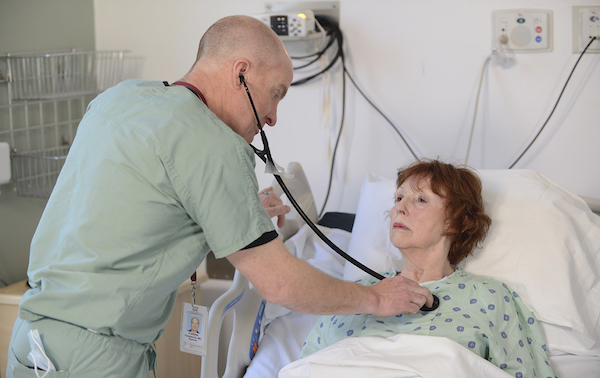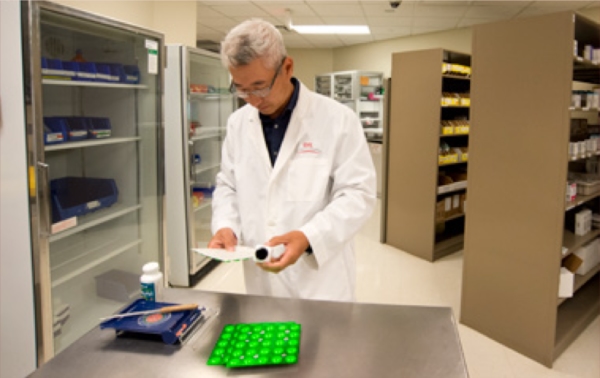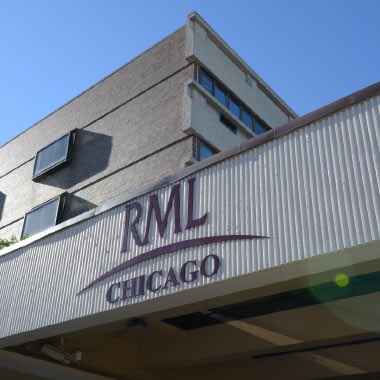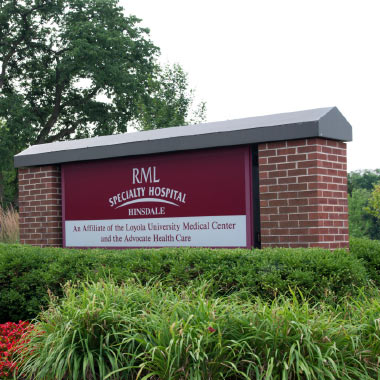Discharge Planning
Initiated soon after a patient is admitted, care coordinators and physicians meet with patients and family members to discuss goals and medically appropriate alternatives for follow-up care. If discharging to home, staff train family members how to administer patient therapies at home.
A patient is recommended for discharge once established goals are achieved or their potential has been reached. Deciding the best source for post-acute care is not always easy, especially when patient needs can change daily.
While some of our patients can be discharged directly to home, an acute rehabilitation or a skilled care facility may be a more appropriate alternative. Your care coordinator will assist in answering questions and finding the best option, reviewing many of the issues described below:
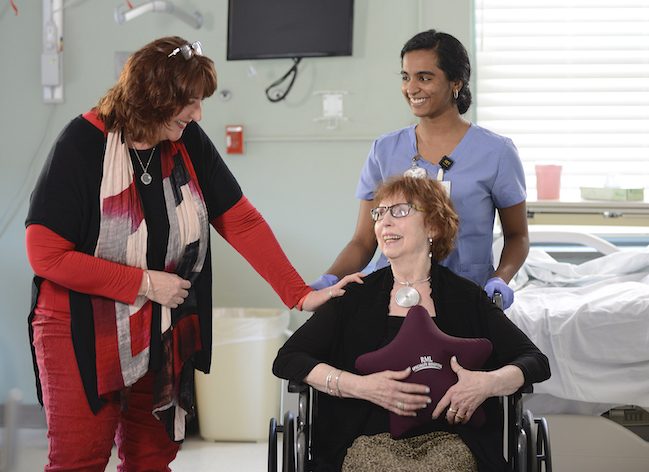
What kind of insurance, state assistance and personal finances are available?
Who will serve as caregivers at home? How many family members and friends can you count on throughout the day and night? Will they be trained to help support all patient care needs?
What kind of ongoing care is required? Dialysis, ventilator or other necessary medical equipment should be ready for use when the patient arrives home. Your RML care coordinator will confirm delivery of all equipment and will ensure that home health services are secured prior to discharge.
What types of support facilities or programs are available in your area?
Is the home environment safe for ventilator use? Your care coordinator will arrange an assessment through a home health care company of your choice.
Will it be a smooth transition? In some cases, the patient or family members will have difficulty coping. There are many resources available to help people deal with anxiety and depression.
Has the discharge plan been coordinated with the doctor who will follow the patient’s progress at home? Your care coordinator will update your primary care physician prior to your discharge.

